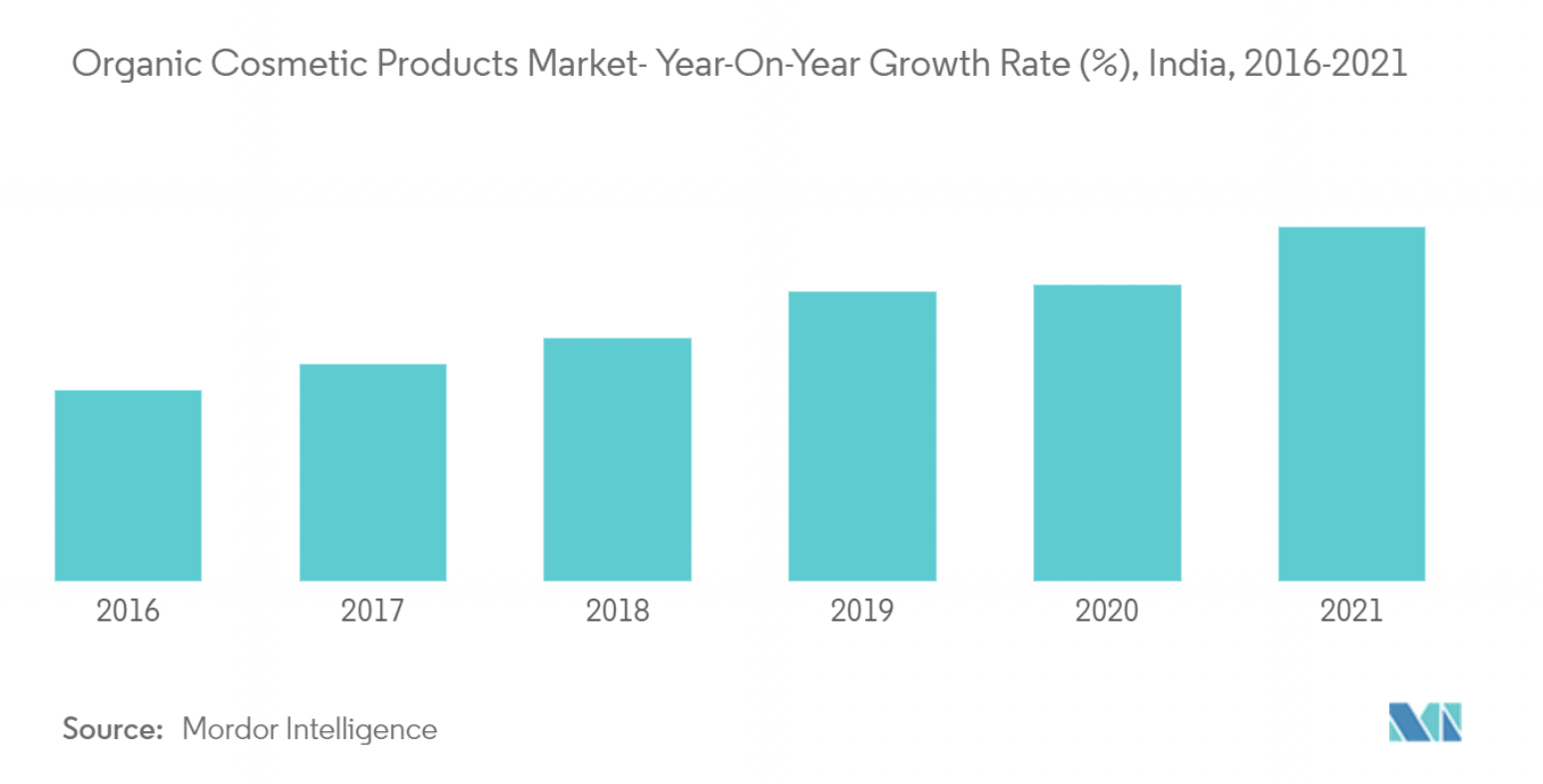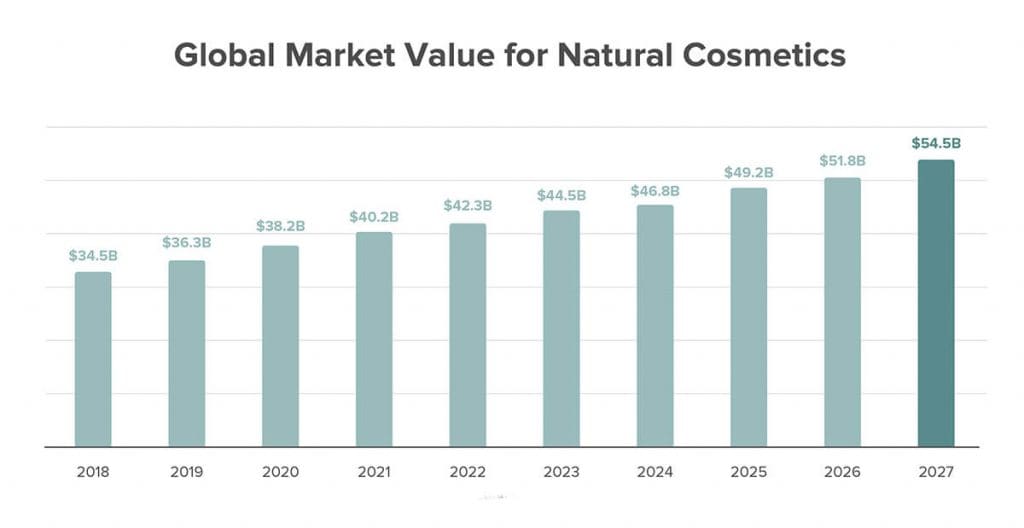Ecommerce is transforming the way consumers shop. It has triggered an interest in all things online and beauty products are no exception. From clean beauty to personalized skincare, the beauty industry has always been at the forefront of eCommerce innovation. In this article, we’ll cover 5 trends that you could take advantage of to grow your beauty eCommerce brand and stand out in the crowd!
Here are some numbers to crunch on: India’s beauty and personal care market is projected to reach $32.7 billion by 2023, growing at a CAGR of 8.1%, according to Statista. In 2023, the personal care segment is estimated to account for 46% of the overall market —making it the largest and fastest-growing category.
![]()
These data points are key indicators of some trends that we did a deep dive into.
The Indian cosmetics market
According to a recent report, the Indian cosmetics market is set to reach 30 billion USD by 2025. This is a huge increase from 11 billion dollars in 2017.
This upwards market trend is attributed to digitalisation and how many brands are bringing more inclusive cosmetic products.

Top beauty eCommerce trends in India you should not miss – 2022 edition
1. Clean beauty
Consumers are now seeking brands that are natural, clean, and transparent. It includes products made with natural and/or organic ingredients.

A Harper’s BAZAAR poll of more than 1,000 women across all ages and ethnicities discovered that more than 60% of women would be willing to spend on new brands if they offered natural products. Additionally, research shows the global market for clean beauty is expected to grow to $54.5 billion by 2027.

2. Leveraging big data
The brands that will win in the future are the ones that can activate their customers, their followers, their fans, and really bring them into their brand.
How can that be achieved? Enter: Big data.
Data can be collected through questionnaires, polls, search terms, and even spending habits in the beauty industry. This data will also help build the brand, product development, marketing, and much more.
Olay, for example, learned through collecting data that a big percentage of consumers want fragrance-free skincare products. So the brand did exactly that and launched a new product line that was scent-free.
![]()
3. Product personalization
Today’s consumers expect personalization in their interactions with brands and in products. A 2018 study found 80% of respondents were more likely to buy from brands offering personalized experiences. For instance, L’Oréal developed a wearable sensor to measure skin pH and create a customized range of products.

4. Inclusivity in products
Diversity, equity, and inclusivity from beauty brands are the need of the hour. Research shows color options in cosmetics overall have grown 7x the rate of product lines. That means more consumers are likely to find shades to match their skin tones.
. Moreover, with the advancement of vegan products in the country, Indian consumers are paying extra attention to not only a particular shade of lipstick that suits them but also about how the lipstick is made. Additionally, global vegan cosmetics companies are also venturing into the Indian market, thus expanding the scope for the same in the country.
5. Inclination towards vegan cosmetic products
With the advancement of organic products in the country, Indian consumers are paying extra attention to not only a particular shade of foundation suits them but also about how it is being made.
Additionally, more global vegan cosmetics companies are also venturing into the Indian market, thus expanding the scope for the same in the country.
6. Beauty influencers trend
Influencer marketing has been part of the beauty eCommerce trend for the past few years, and it’s not going anywhere soon. With the rise of micro and nano influencers, the beauty industry has finally found an effective return on investment.
Take L’Oréal for example. In its ‘Beauty Squad’ campaign, several influencers created YouTube videos and articles for both L’Oréal’s website, social channels, and their own channels, tapping into a combined influencer reach of 5.5 Million. Videos that are authentic and honest work the best.

From these trends, a few things are clear: younger consumers are reshaping the beauty industry. And for beauty brands, these new trends create opportunities to expand product lines and sell in new channels.
Looking to start your own beauty and cosmetics brand? Check out this detailed guide on how to sell cosmetics online in India in 2022. It’s loaded with great examples and also has a step-by-step list that you can follow to launch your eCommerce business.
The first step to building your beauty brand online is setting up a website! With Instamojo, you don’t need any developer help or pour in lakhs in investment to get your website up. You can get started in 5 mins in just a few simple steps. The best part? You can open your own online store for FREE!

1 comment
Beauty eCommerce has experienced strong growth despite a COVID-19 pandemic stifling consumer spending, as the beauty industry has been among the earliest adopters of new technology.